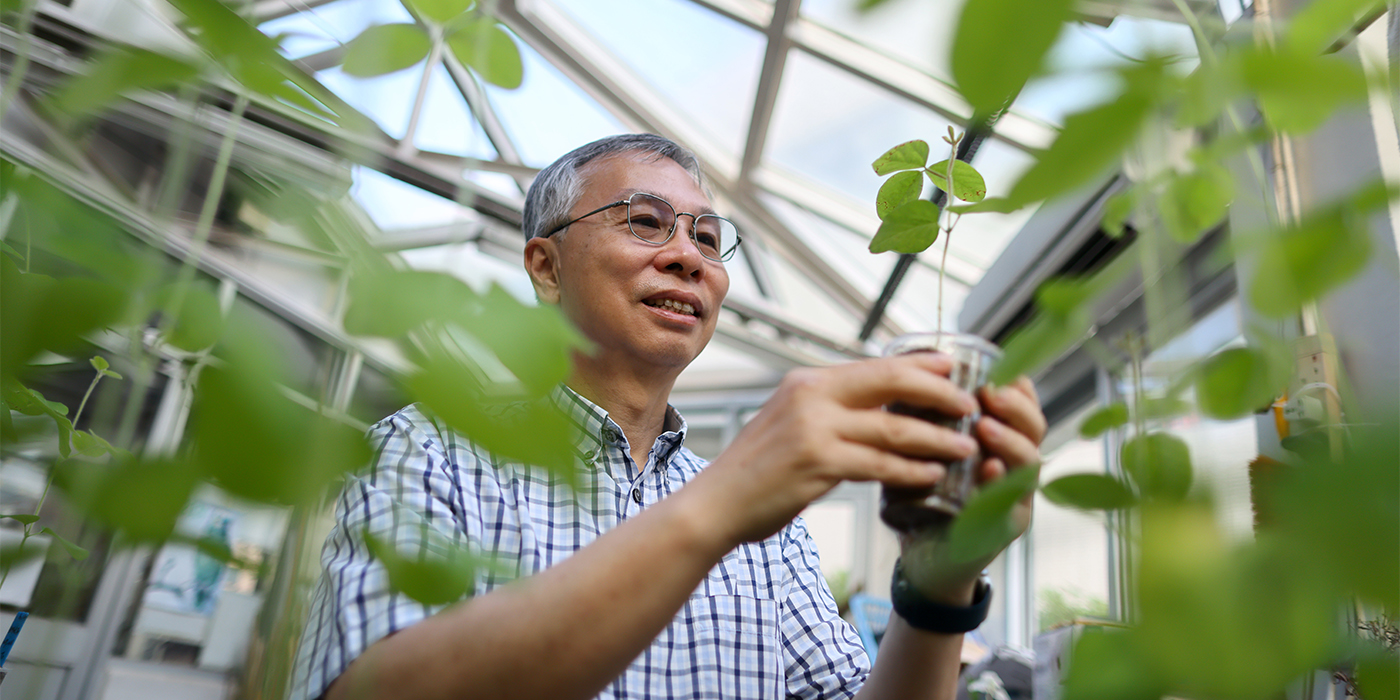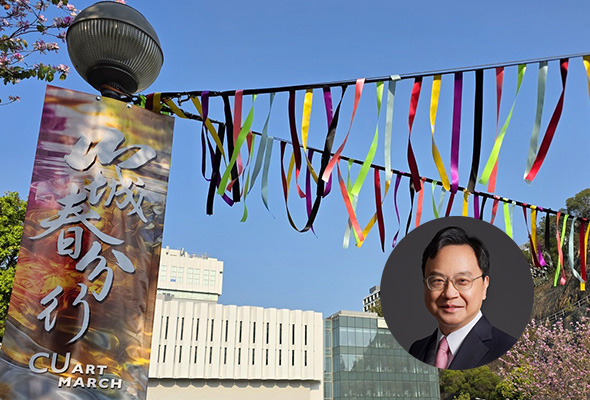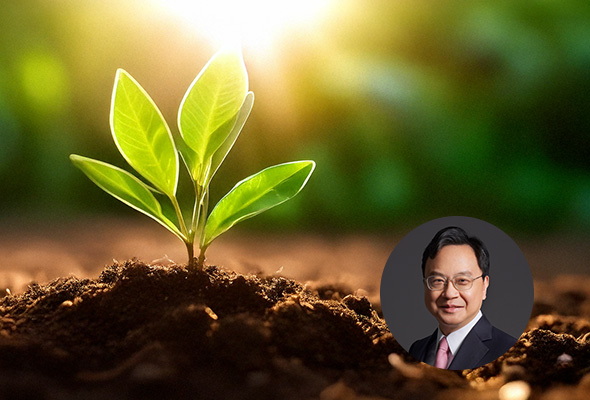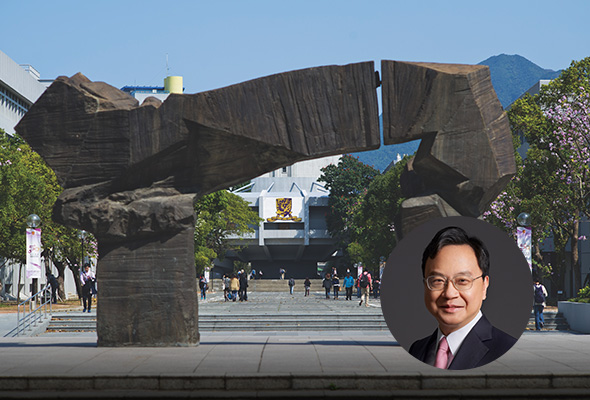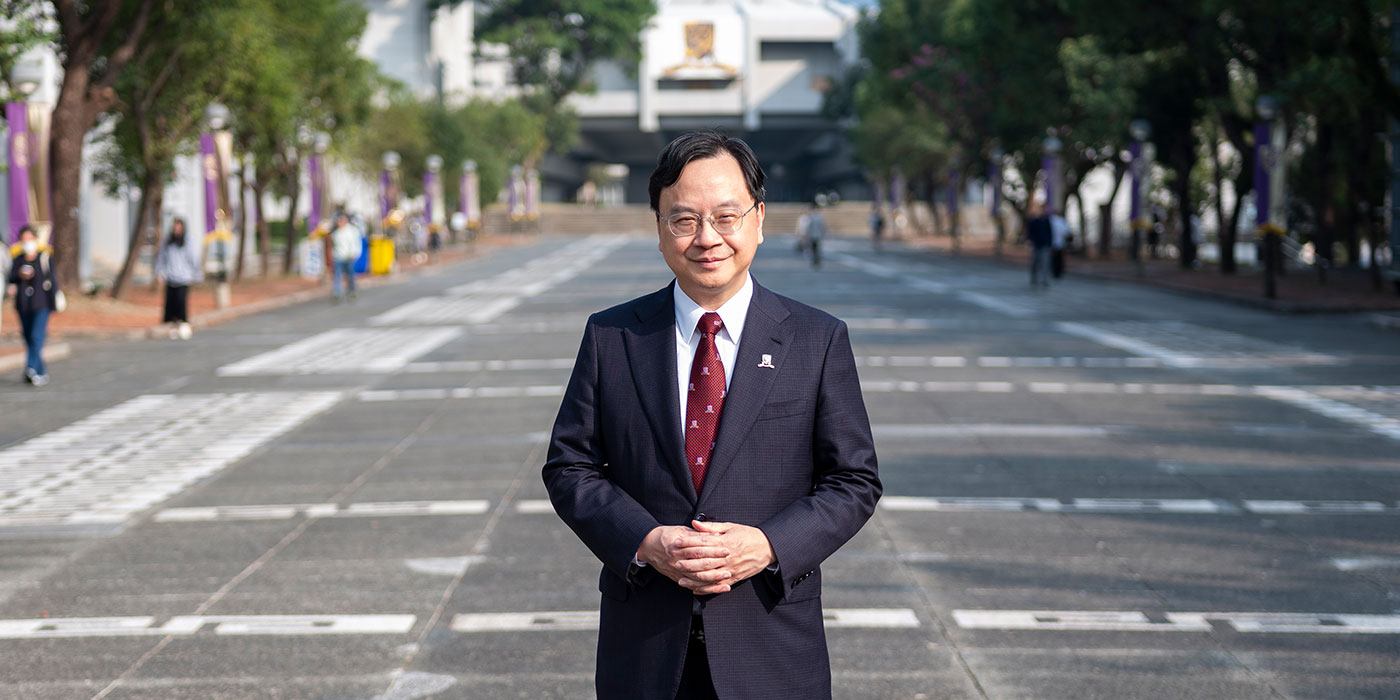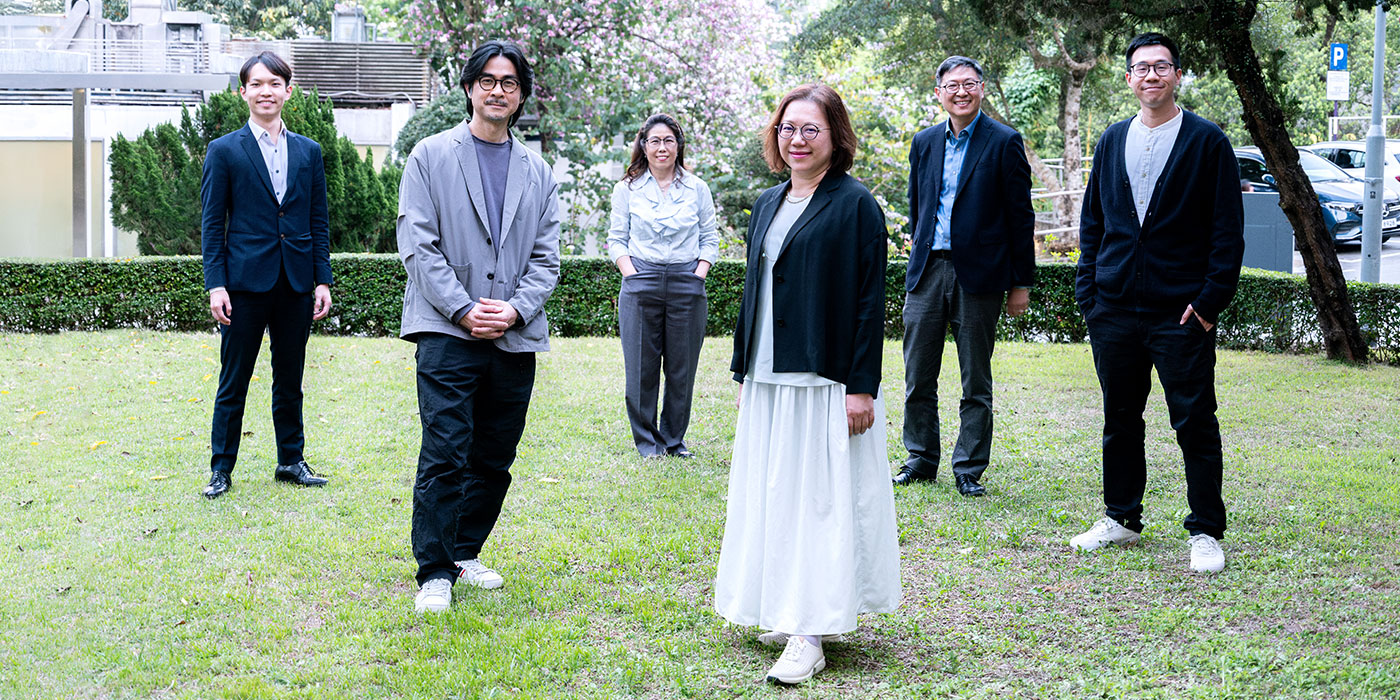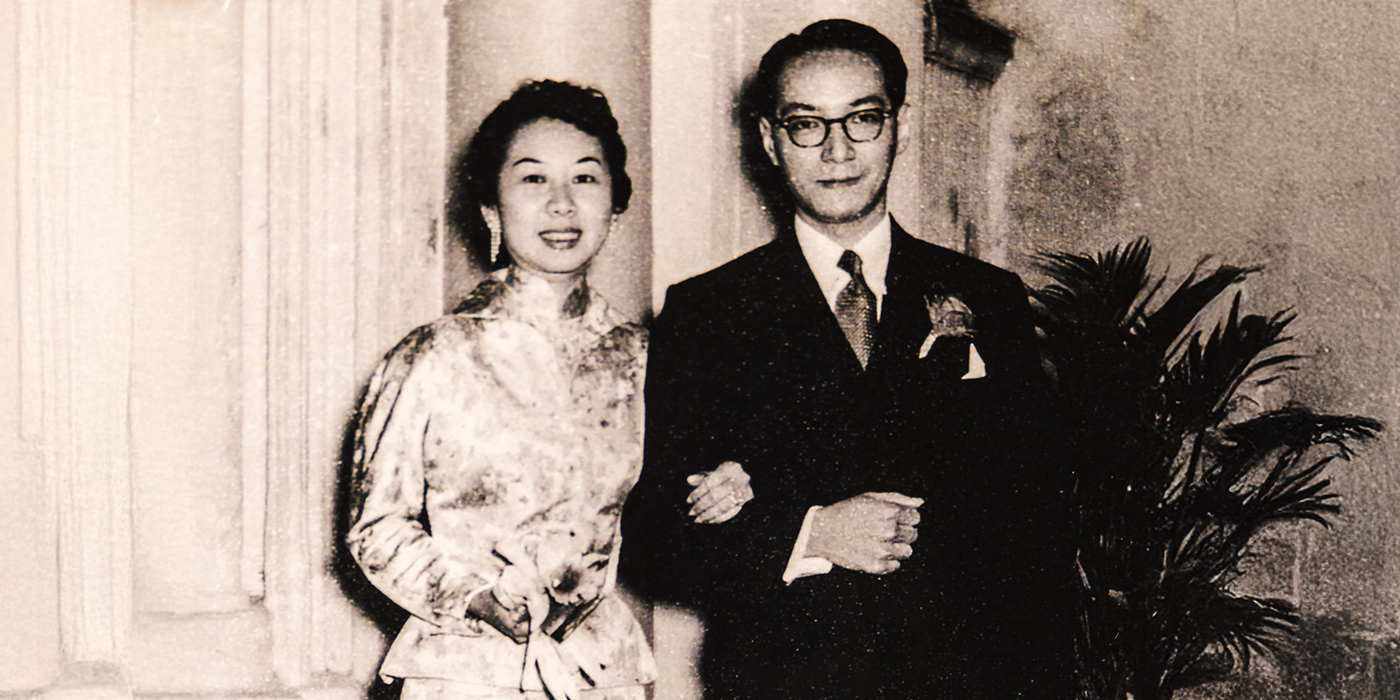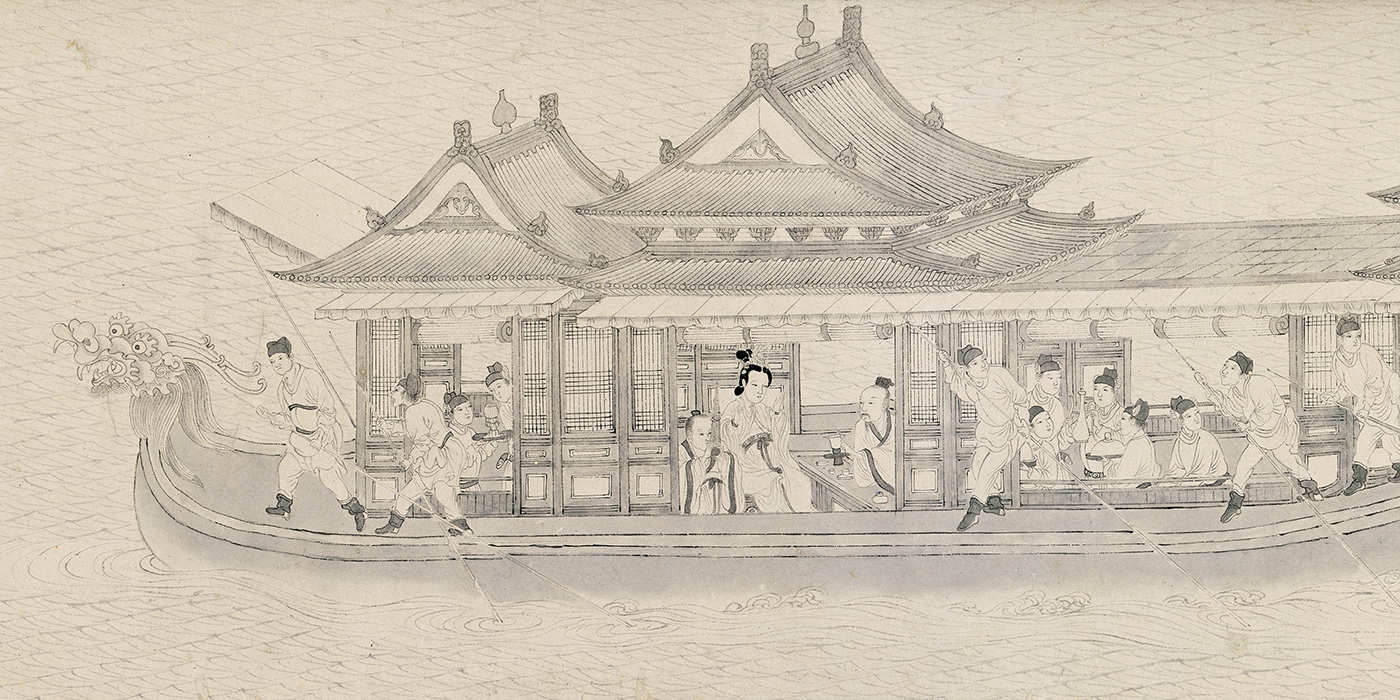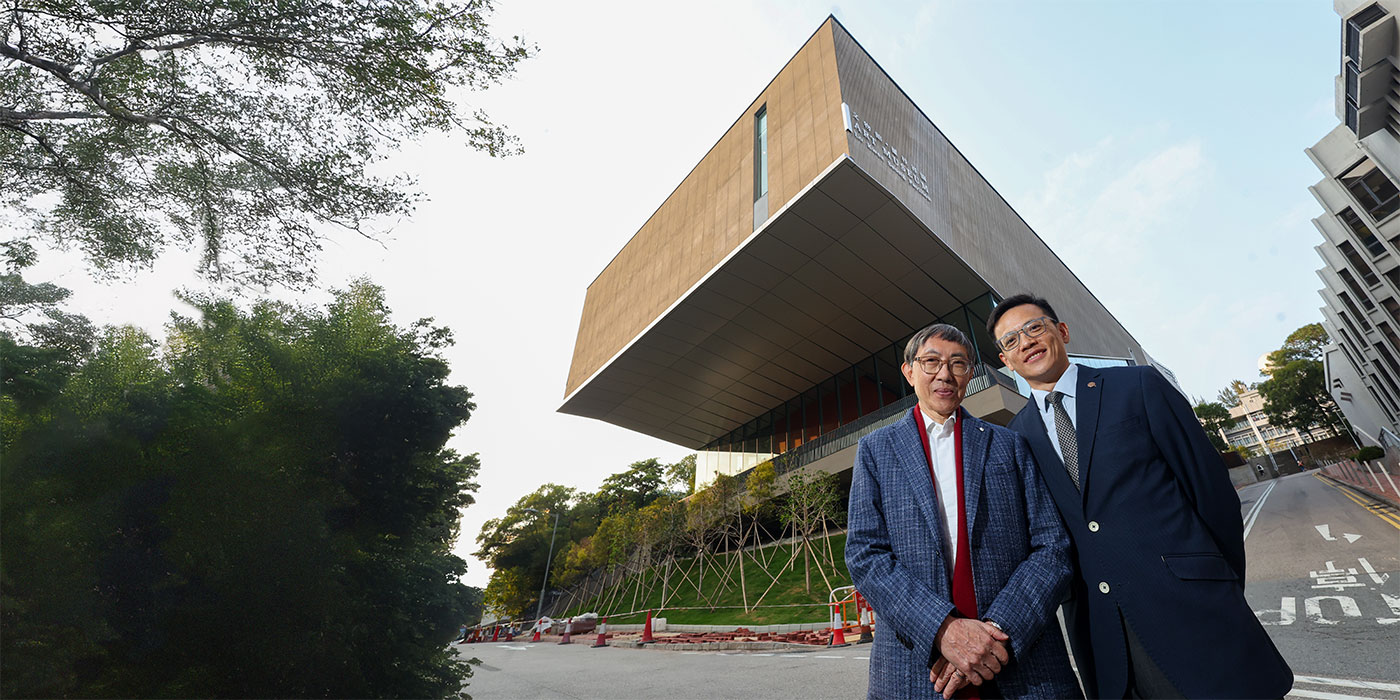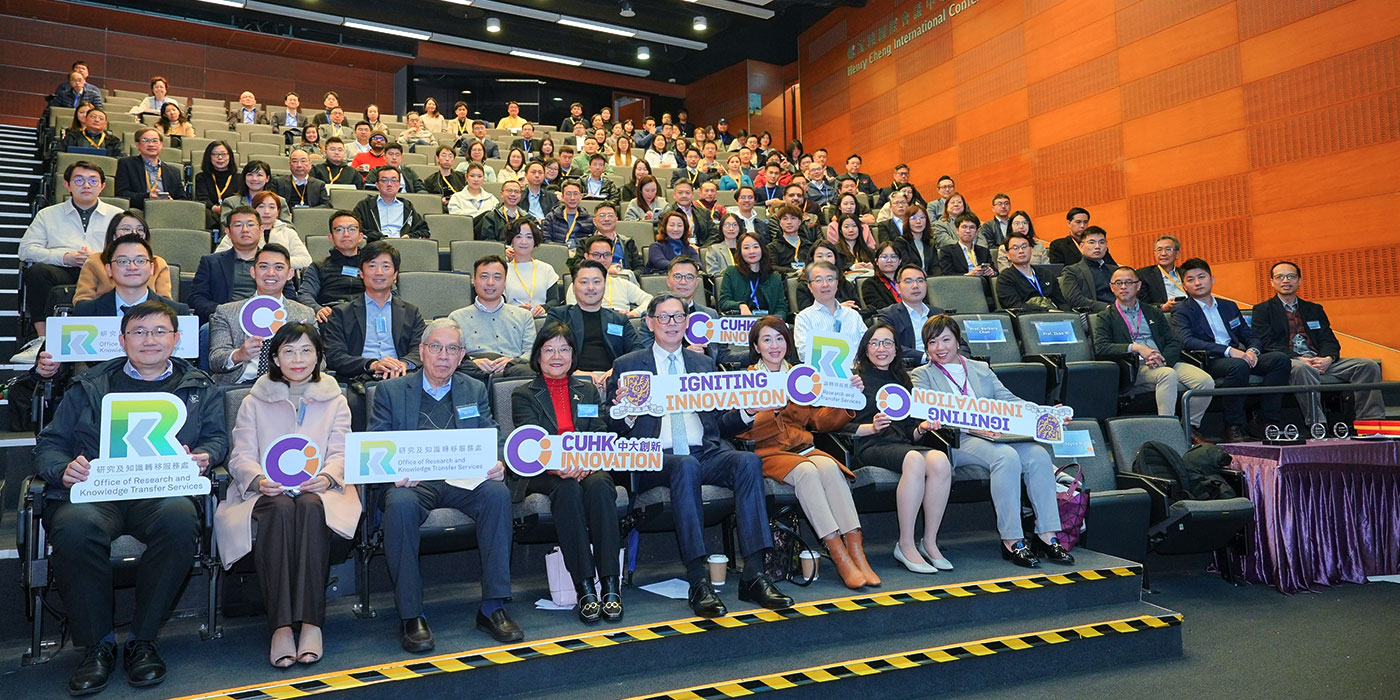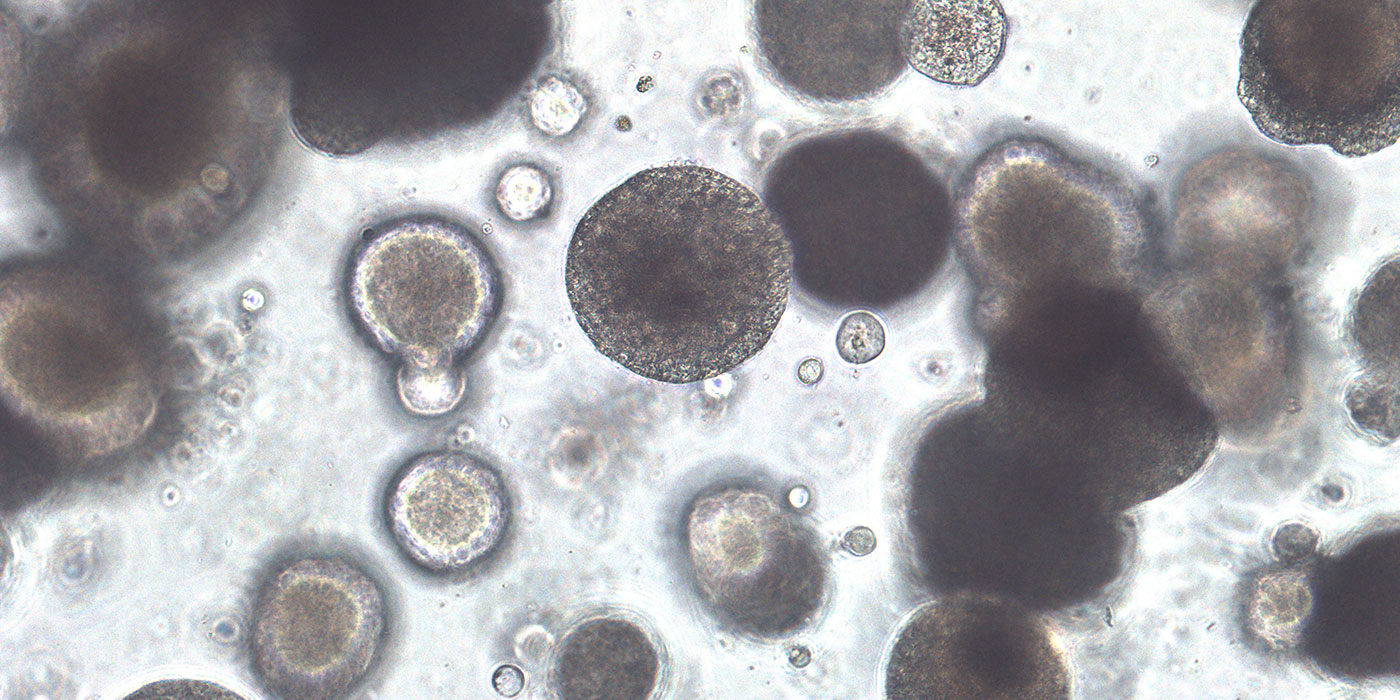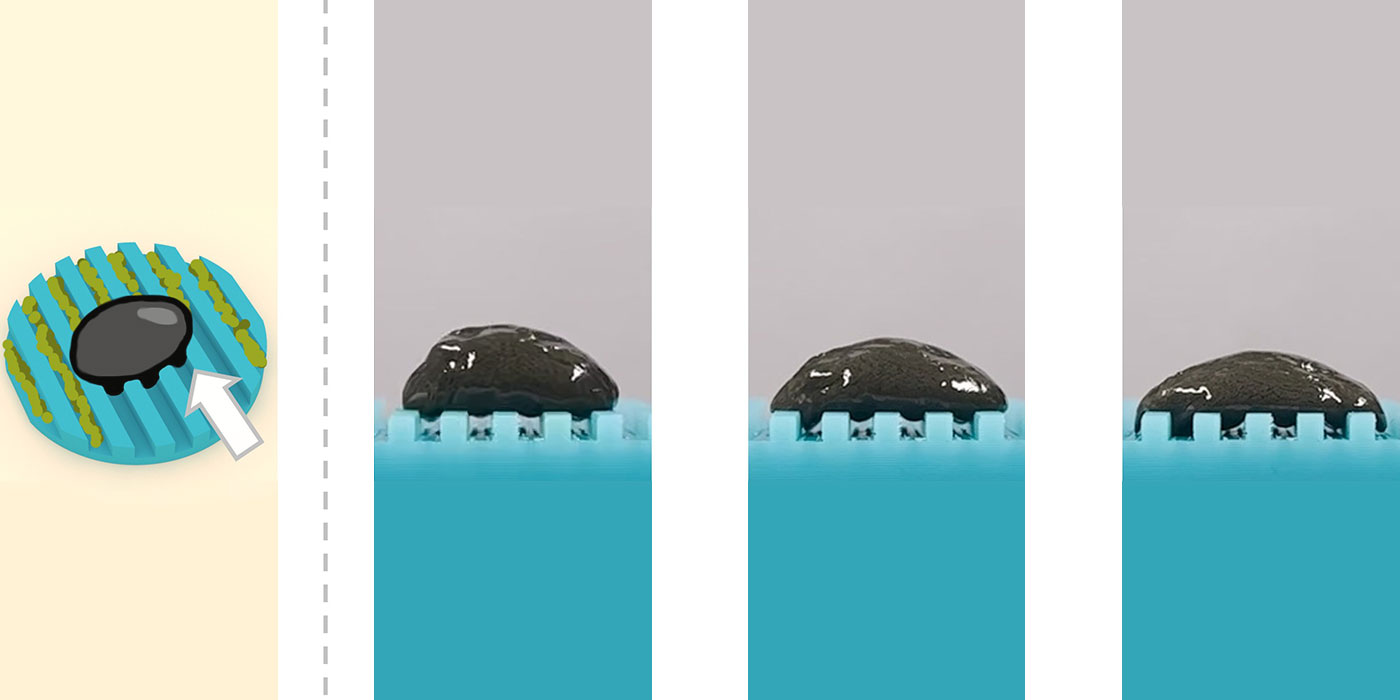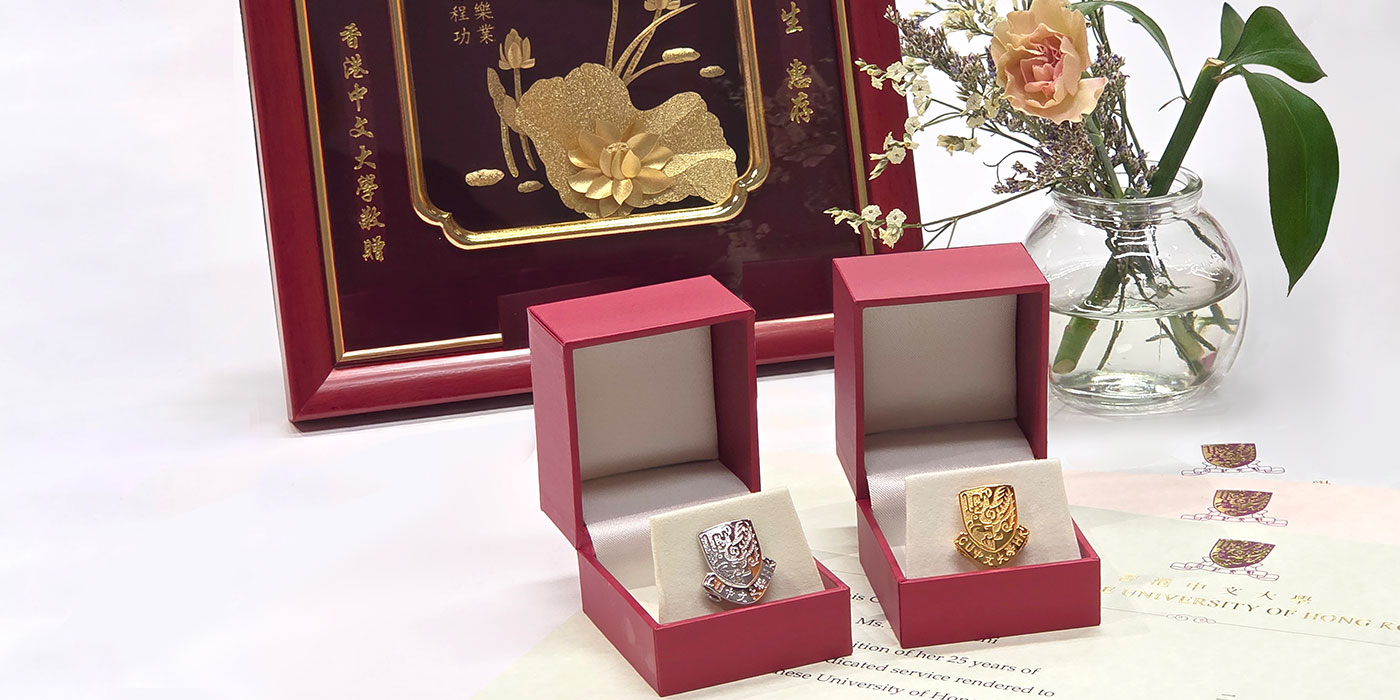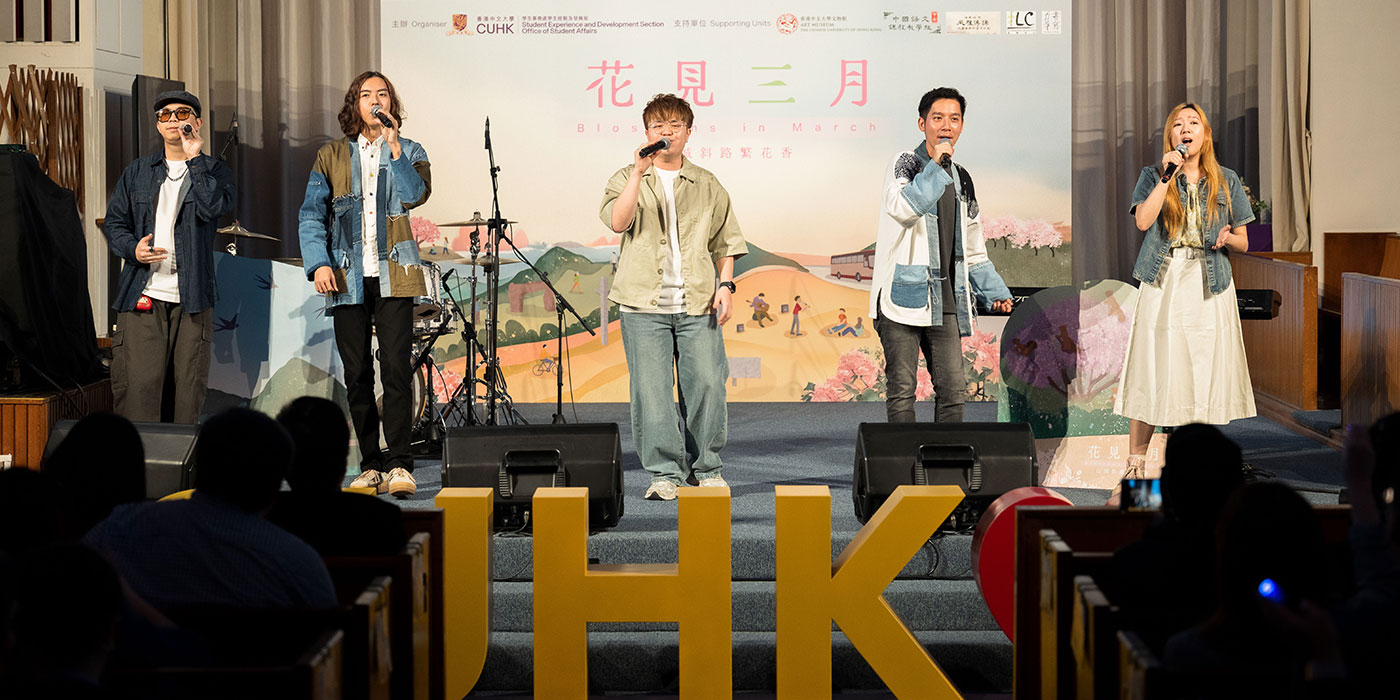Seeding the future
Lam Hon-ming pioneers sustainable agriculture through soybean research
This is part four of our series in CUHK In Focus, where we talk to principal investigators of the seven CUHK projects chosen for the Hong Kong government’s Research, Academic and Industry Sectors One-plus (RAISe+) Scheme. It provides up to HK$100 million to each approved project, and strives to help local universities commercialise their research outcomes.
CUHK Choh-Ming Li Professor of Life Sciences Lam Hon-ming is dedicated to promoting climate-smart and sustainable agriculture, aiming to transform the future of our global community and village development with the power of scientific research. A pioneer in soybean genomic research, Professor Lam’s project “Seeding the Future: Integrating Biotechnology, Space Technology and AIoT to Soybean Cultivation for Food Security and Environmental Solutions” was among the first batch of research projects accepted into RAISe+ Scheme this year.
“RAISe+ is an effective platform which provides us with a valuable opportunity to transcend our research achievements beyond academia,” he says. To this end, the team founded FARMily Biotechnology Company Limited to bring years of soybean research to fruition.
Speaking of commercialisation, Professor Lam is keen to transform research output into practical applications that can change the world, such as cultivating stress-tolerant seeds and providing climate-smart solutions to sustainable agriculture. The team will also focus on enhancing the value of agricultural products, including developing soybean functional foods to improve nutritional health in the elderly.
“Soybeans are rich in protein and isoflavones, nutrients that benefit people as they age. We believe that the development of soybean functional foods is an area worth exploring,” says Professor Lam. “Soybeans are not only rich in nutrients, but also carry high environmental and societal values.”
The professor is also passionate about playing his role in shouldering social responsibility. He hopes to bring their expertise to the world by contributing a “Hong Kong solution” to global food security and sustainable agriculture. The team is striving to position the city as a leading hub for development in technology, certification, and quality assurance in the field.
“A dedicated portion of the profits arising from commercialisation could be used to support further R&D endeavours and boost the income of farmers,” says Professor Lam. “It encourages emission-reduced agriculture and makes it a win-win situation for both farmers and the climate.”
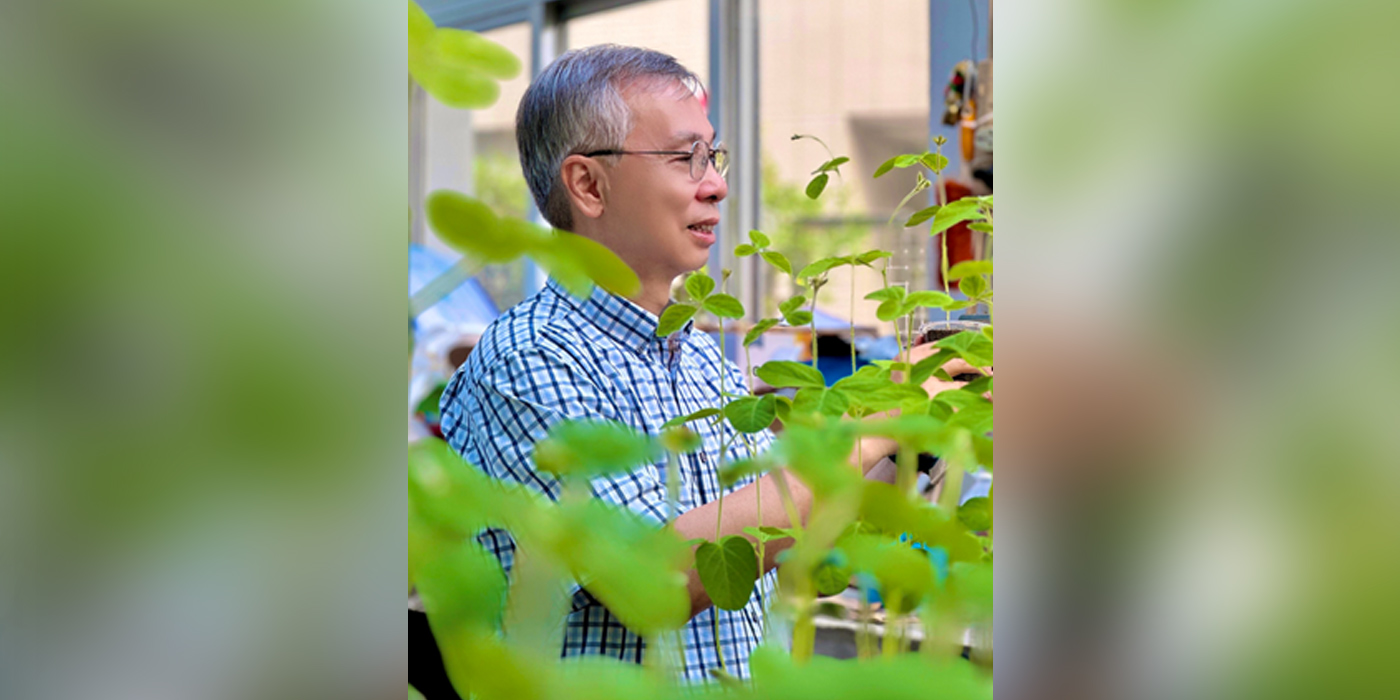
From lab to field: A path to food security and sustainable agriculture
Driven by the pressing global issues of hunger and food security, Professor Lam has been engaging in soybean research for more than a quarter-century. He notes that soybeans are highly nutritious as they account for 70% of the world’s plant proteins. Increased soybean yields and the production of functional foods can provide sufficient protein to impoverished areas that cannot afford meat, so as to end hunger and improve global food security. At a poverty alleviation programme in 2009, Professor Lam met Professor Zhang Guohong from the Gansu Academy of Agricultural Sciences who has extensive experience in dryland agriculture research.
In 2014, Professor Lam and his team successfully identified and cloned a novel salt-tolerance gene from wild soybeans by using advanced genomic sequencing and molecular biotechnology, which has significantly enhanced the development of salt-tolerant soybeans. Subsequently, using non-GMO (genetically modified organism) methods, the two professors were able to make use of the novel gene to select and cultivate soybean varieties (Longhuang 1, 2, and 3) with high yield, stress tolerance and wide adaptability. The cultivation of Longhuang series in Gansu province has alleviated local planting issues and improved the livelihood of farmers.
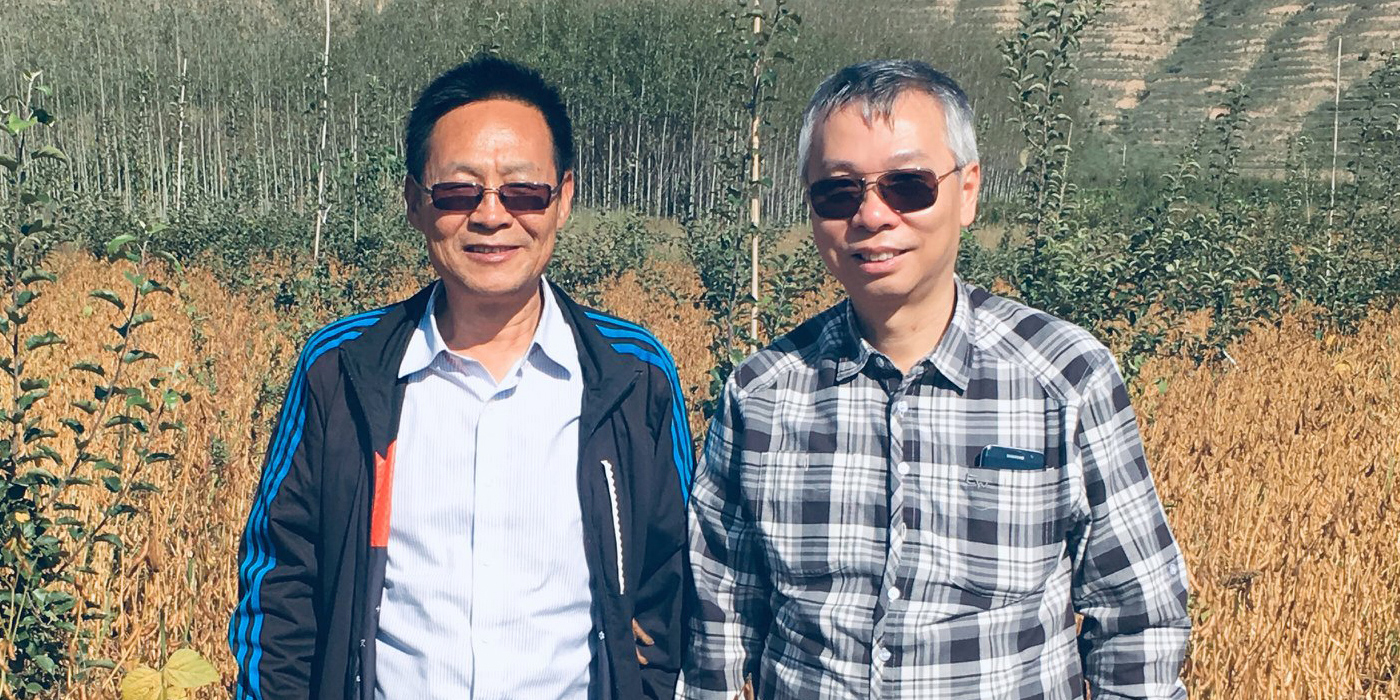
Out of the 120 million hectares of farmland in China, more than 33 million hectares are affected by salinisation. This is particularly severe in northwestern areas like Gansu. Hence, Professor Lam and his team donated these three climate-resilient soybean varieties to farmers to grow on marginal lands of the Loess Plateau in Gansu province. Cumulative acreage of Longhuang 1, 2 and 3 has reached more than 78,666 hectares from 2016 to 2023, actualising the professors’ common vision to “display science on field”. Professor Lam explains: “By 2023, the cultivation of Longhuang series have added RMB 97 million to farmers’ incomes. Greenhouse gas emissions were reduced by 82,600 tonnes carbon dioxide equivalence.” Thanks to the symbiotic relationship between legumes and nitrogen-fixing bacteria in root nodules, atmospheric nitrogen is converted into organic forms usable by crops, allowing farmers to reduce the use of fertilisers, which reduces greenhouse gas emissions and promotes global sustainable development.
To boost the impact of his research, the professor steps out of his comfort zone by taking nitrogen-fixation rhizobia and soybean seeds onto a space journey. Last year, the team collaborated with China Resources Research Institute of Science & Technology and Shenzhou Space Biotechnology Group to initiate Hong Kong’s first agricultural research project in space. The “Tianzhou-6” cargo spacecraft and “Shenzhou-16” carried nitrogen-fixation rhizobia and Longhuang 1, 2, and 3 seeds to the “Tiangong” space station, exploring new opportunities induced by the unique environment of space. Currently, the experimental samples have completed a six-month space journey and have been sent back to Earth for further analysis.
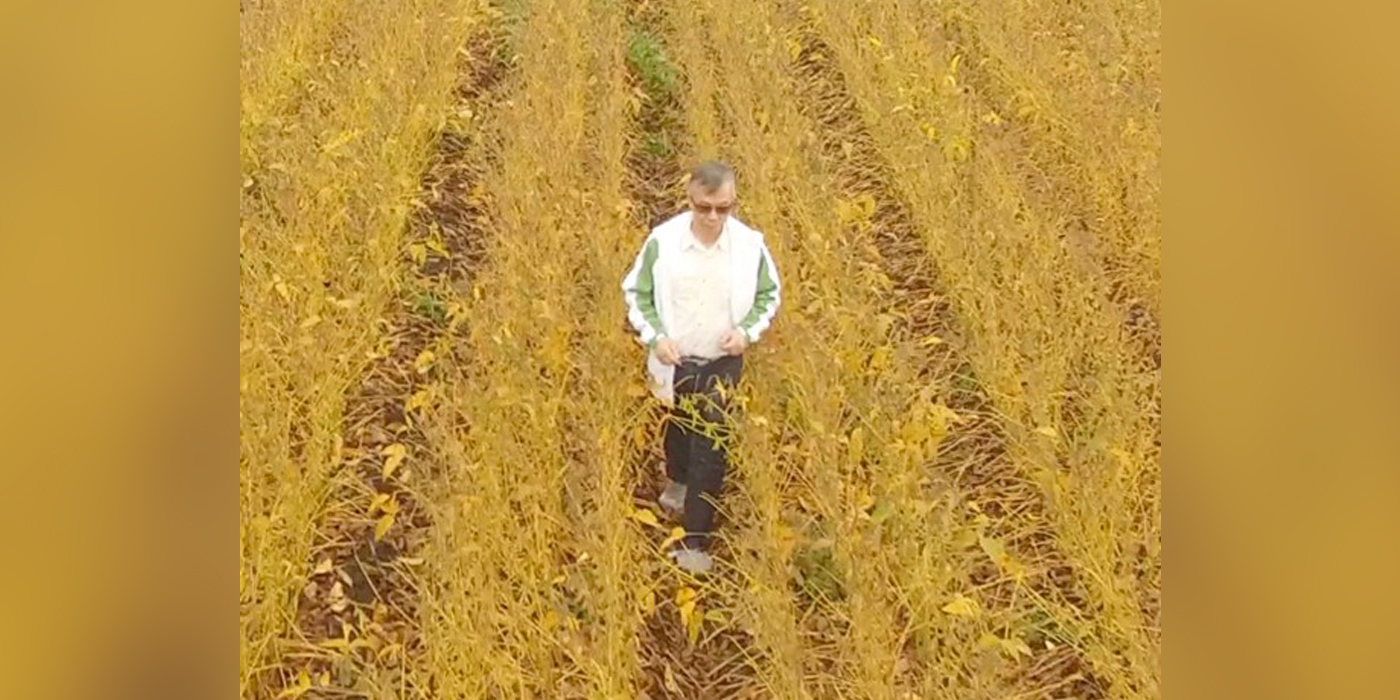
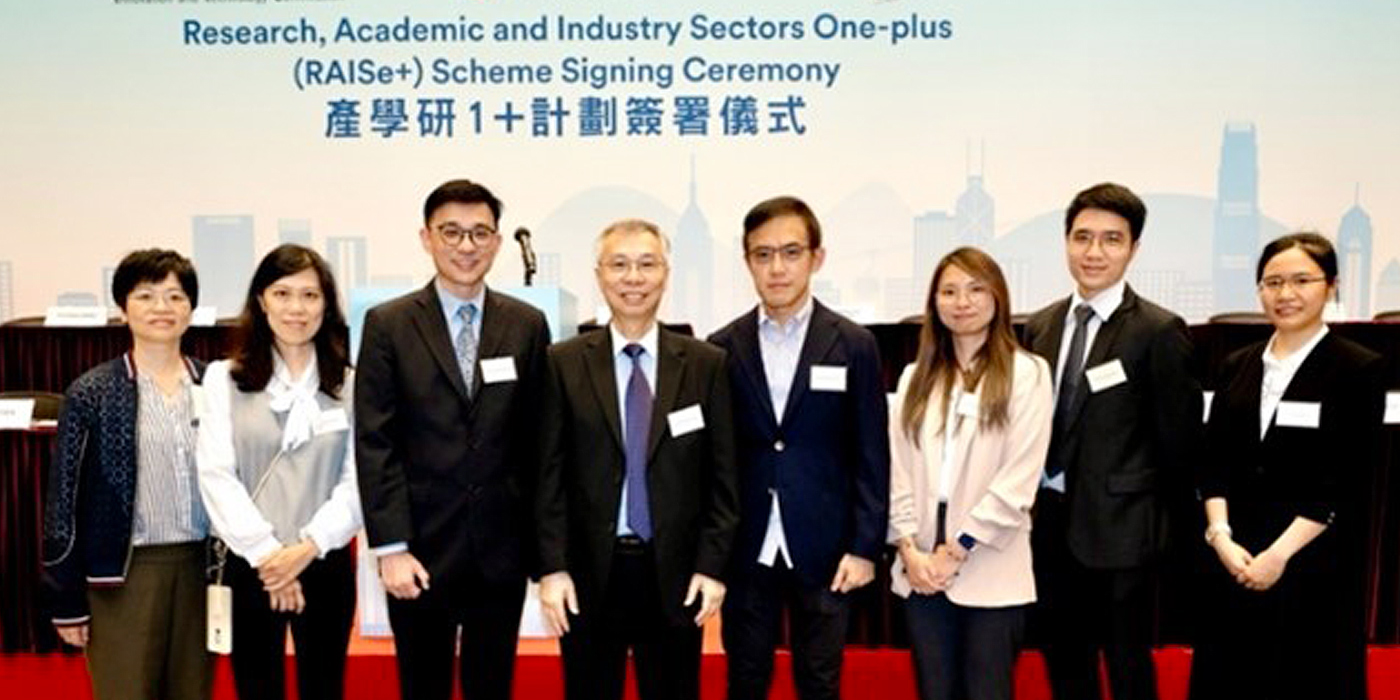
In the world of scientific research, Professor Lam believes that what seems like a small step today may become a giant leap in the future. “I hope to lead Hong Kong’s soybean research to the world, paving the way for a sustainable future for the next generation.”
By Gillian Cheng
Cover photo by D. Lee
Other photos provided by Professor Lam
- Samuel Au powers the future of healthcare with cutting-edge technology
- Barbara Chan endeavours to use tissue engineering to heal patients
- Lam Hon-ming pioneers sustainable agriculture through soybean research
- Liu Yun-hui drives robots with 3D-vision
- Tsang Hon-ki on moving from lab to market
- Raymond Yeung innovates in network technology for a smarter future
- Engineer Zhao Ni’s journey towards wearable medical devices for all

